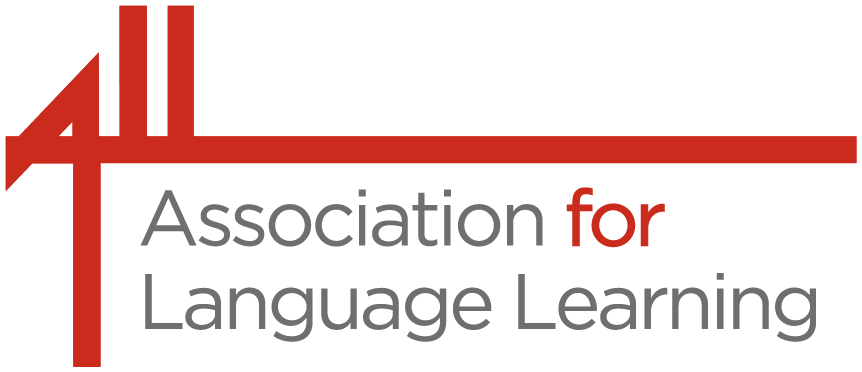The Language Lover’s Puzzle Book Alex Bellos Guardian Faber, 2020, 416pp, £14.99 978-1-783-35218-0

When ALL was asked to review this book, my interest was immediately sparked. Having always been interested in the development of languages and an avid puzzle solver, I decided this was something I would be keen to review. And it did not disappoint.
I was hooked by the second page. Given eight Japanese phrases transcribed into the Latin alphabet together with their English translations and with the question posed “What is the Japanese for nine cucumbers?” my linguistic brain engaged, although I had to read on several pages to find the answer.
The author states that the problems in the book require “no competence in a language other than English” but as a linguist you really start to decipher the problems and often think about their application in the classroom. One example from the book, which I thought could be interesting to use in the classroom is a set of puzzles called Ice Cheese in the first chapter. Basically, they are word chains, where the missing word can come after the first word and before the second, so a word which could come after ice but before cheese. I am sure you have worked out the answer, but I could immediately envisage this as a starter for a language lesson. Other problems in the book could make challenging activities for gifted linguists or end of term activities such as Meet the relatives which gives ten common words in seven Indo-European languages.
As well as the puzzles the author presents the reader with facts about a great number of languages and linguistic matters. Some of the problems are particularly challenging and a logical brain can often be as important as a linguistic one. For some you will really want to battle it out to find success in discovering the answer for yourself, but if, like me, you find others baffling, thankfully the author has included not only the answers but also explanations.
This book would make an excellent present for the linguist in the family or for anyone with an interest in puzzles and language. It is certainly one which I will keep on the bookshelf and return to in the future to challenge my brain further.
CAROL HUGHES
